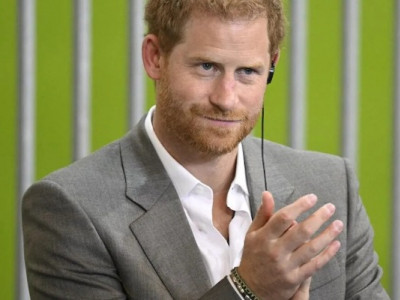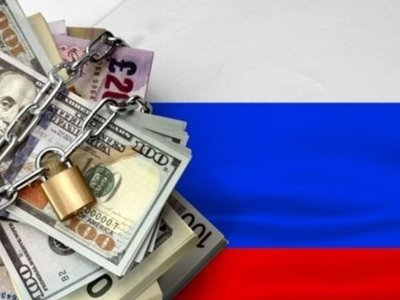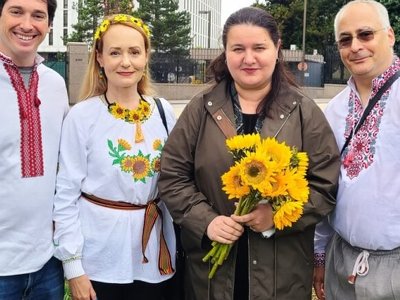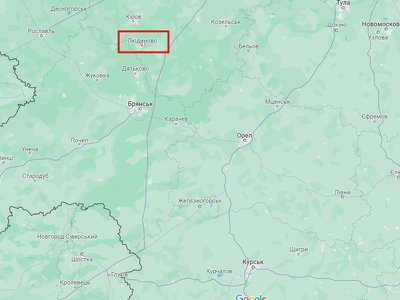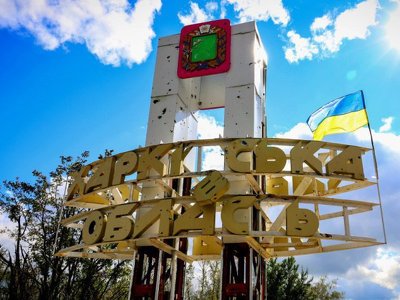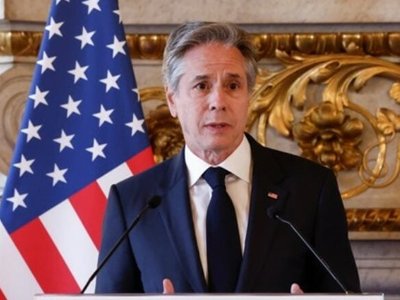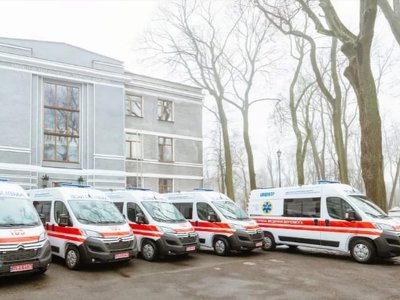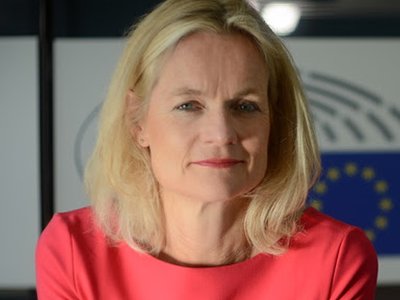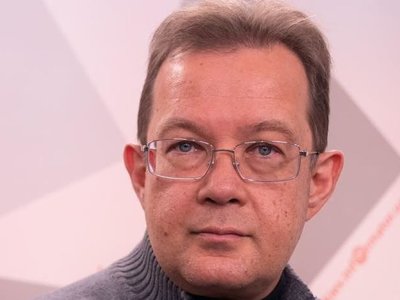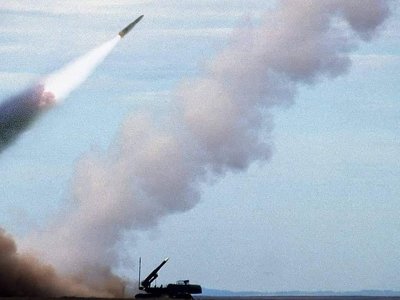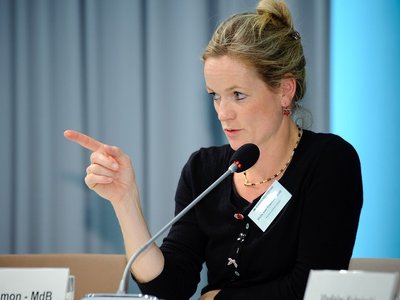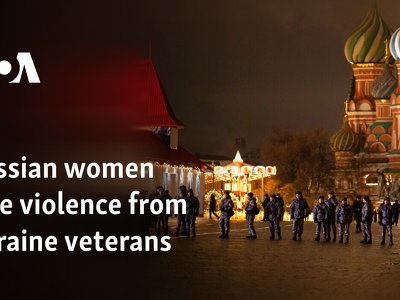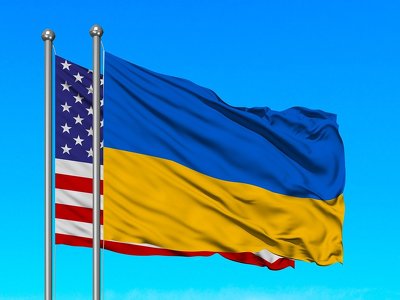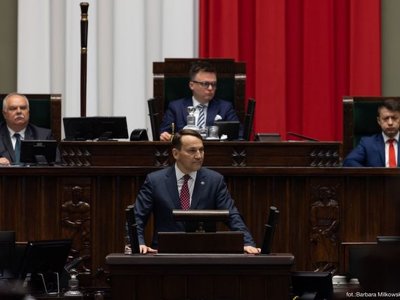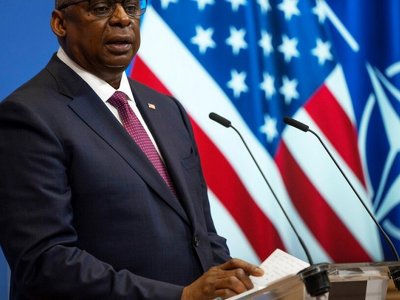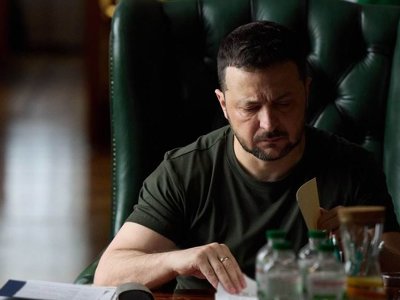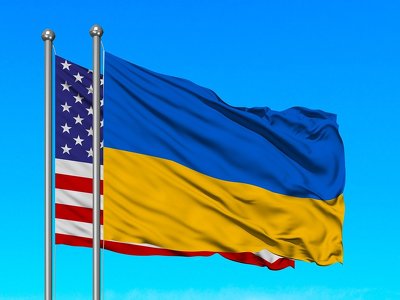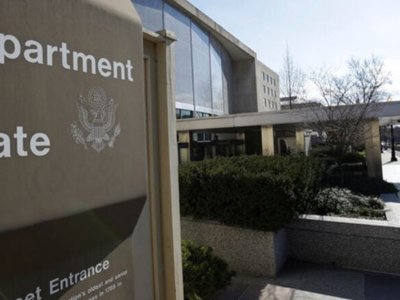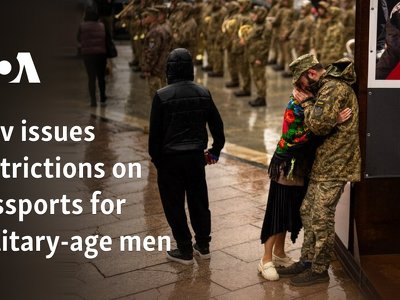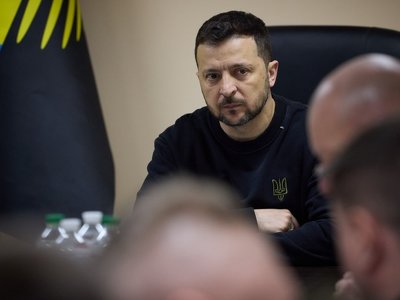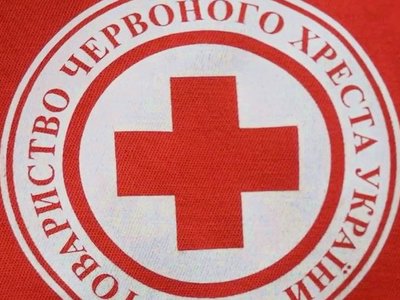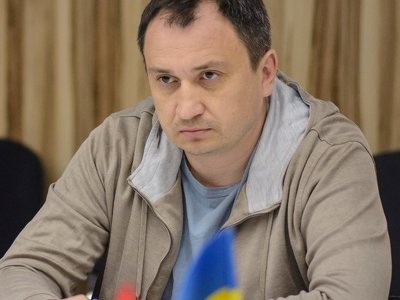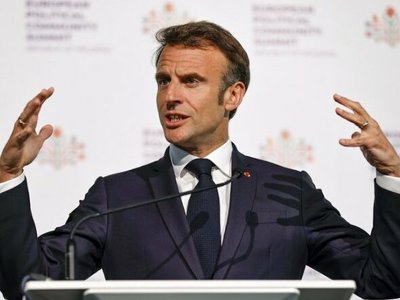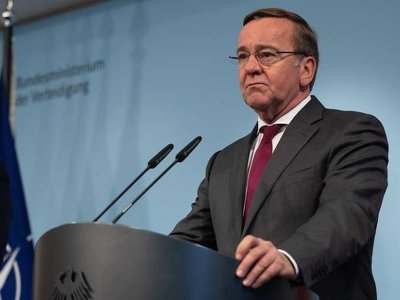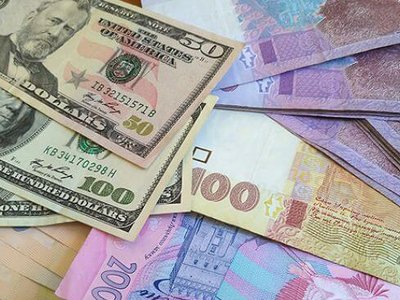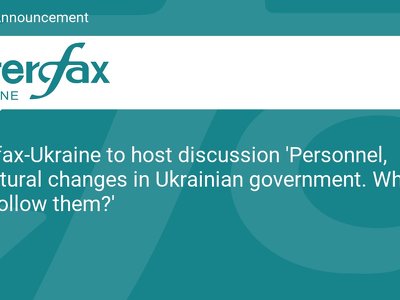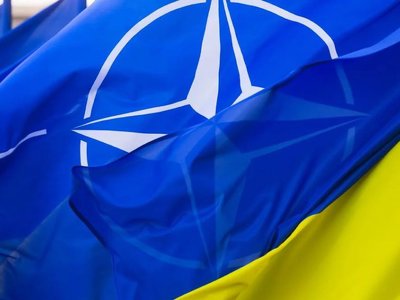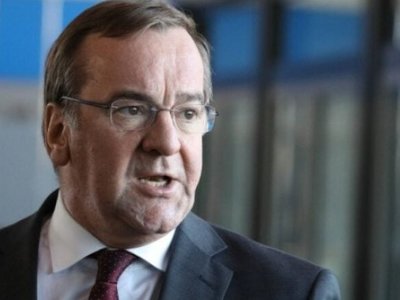Will Norway’s elections affect support for Ukraine and how Russian agents failed

On 8 September, Norway held parliamentary elections, the results of which allow the current Prime Minister, Jonas Gahr Støre, to remain in office for another four years by forming a minority government.
However, Norway has also seen a rising trend toward the far-right.
Read more about how the elections changed Norway’s political landscape and whether this poses a threat to Ukraine in the article by Iryna Kutielieva, a European Pravda journalist: Stoltenberg’s victory, Putin’s friends’s failure: what Norway’s elections revealed.
The victory of Norway’s Labour Party, though predicted, still seems remarkable. Jjust last winter, the prospects for the Labor Party to succeed in the 2025 elections looked quite uncertain.
Labour, however, brought in the extremely popular former NATO Secretary-General Jens Stoltenberg.
His authority, both inside Norway and internationally, is unquestioned. His appointment as Finance Minister strengthened trust in Støre and provided him both support and credibility within his own party.
After the vote count, Labour, which secured 28.2% of the votes and became the largest force in parliament, faces difficult negotiations.
To achieve a parliamentary majority, they need the support of all smaller left-wing parties: the Center Party, Socialists, the Red Party and the Greens.
This is no easy task, as these parties do not always share the same views. Moreover, knowing that Støre is in a fragile position, the smaller parties have prepared lists of demands upon which their support depends.
If Labour cannot secure the votes of the Greens, Reds and Socialist Left Party, they have an alternative: they can turn to their former coalition partner, the Center Party.
Given the diversity of the left-wing spectrum, the centrists may hold the "golden vote" capable of securing support for the future government.
Despite the left regaining power, this year’s elections showed that voter sympathies are steadily shifting to the right.
The second-largest force in Norway’s parliament is the Progress Party, which will hold 47 seats – the best result in its history.
The Progress Party champions values typical of the far-right: reducing migration, opposing multiculturalism, lowering taxes and more.
Progress Party leader Sylvi Listhaug promised that her party would serve as an alternative to the Labour Party and those "who will govern Norway over the next four years."
Meanwhile, the traditional Labour rivals, the Conservative Party, failed in this campaign.
Although economic issues were the top priority for voters, Ukraine remained visible on the Norwegian electorate’s radar.
It is worth noting that in the middle of the election campaign, Prime Minister Jonas Gahr Støre visited Ukraine and promised significant support.
At the same time, parties betting on either supporting or halting aid to Ukraine did not gain voter backing.
The openly pro-Russian party For Peace and Justice (Partiet Fred og rettferdighet, or FOR) was a fiasco, receiving only 9,089 votes (0.3%).
However, voters’ focus on domestic politics also brought disappointing news. The right-liberal Venstre party, one of the most active in calling for increased support for Ukraine and criticising the government for insufficient aid, failed to pass the electoral threshold.
- Last
- February, 05
-
-
-
-
- April, 28
-
-
-
-
-
-
- April, 27
-
-
-
-
-
-
-
-
-
News by day
18 of September 2025
